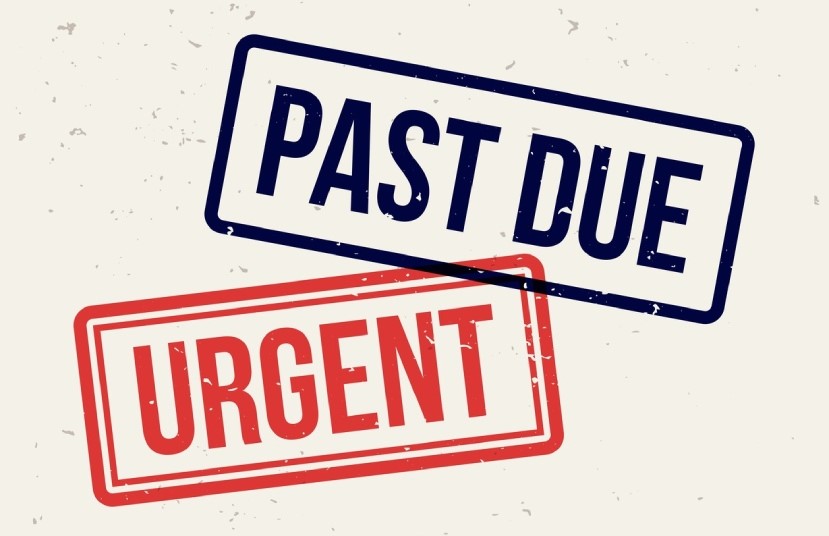A Stipulation to Extend the Deadline to File an Adversary Proceeding in a Chapter 7 Case Needs a Court Order to be Enforceable.
Creditors should be wary of relying on an agreement of Debtor’s counsel to extend the deadline to file a complaint objecting to discharge under Bankruptcy Code Section 727. In In Re Alazzeh, 14 C.D.O.S. 5157, May 9, 2014, the Ninth Circuit Bankruptcy Appellate Panel held that notwithstanding a stipulation between counsel to extend the deadline documented and confirmed by email, the 60-day deadline in Bankruptcy Rule 4004 (a) was not extended because the parties did not obtain a Court Order approving the extension. The Bankruptcy Court cited Bankruptcy Rule 9006(b), which governs requests for extensions of time, stating that the parties had not complied with the requirements of filing a motion prior to the expiration of the deadline. Additionally, the Bankruptcy Court made a point of stating that the extension is not automatically granted just because a motion has been filed, and that the Court has the discretion to determine if cause exists. As a result of this ruling, creditors and debtors must jump through an additional hoop when trying to work out a potential objection to discharge and may not rely on informal extension agreements, even if confirmed in writing. In this case, the debtor obtained summary judgment while the creditor probably felt like she was sand-bagged.
Note: Sandbagging has a special meaning in legal contexts. Black’s Law Dictionary defines it as a “trial lawyer’s remaining cagily silent when a possible error occurs at trial, with the hope of preserving an issue for appeal if the court does not correct the problem. This tactic does not usually preserve the issue for appeal because objections must be promptly made to alert the trial judge of the possible error.”


 Join us on LinkedIn
Join us on LinkedIn